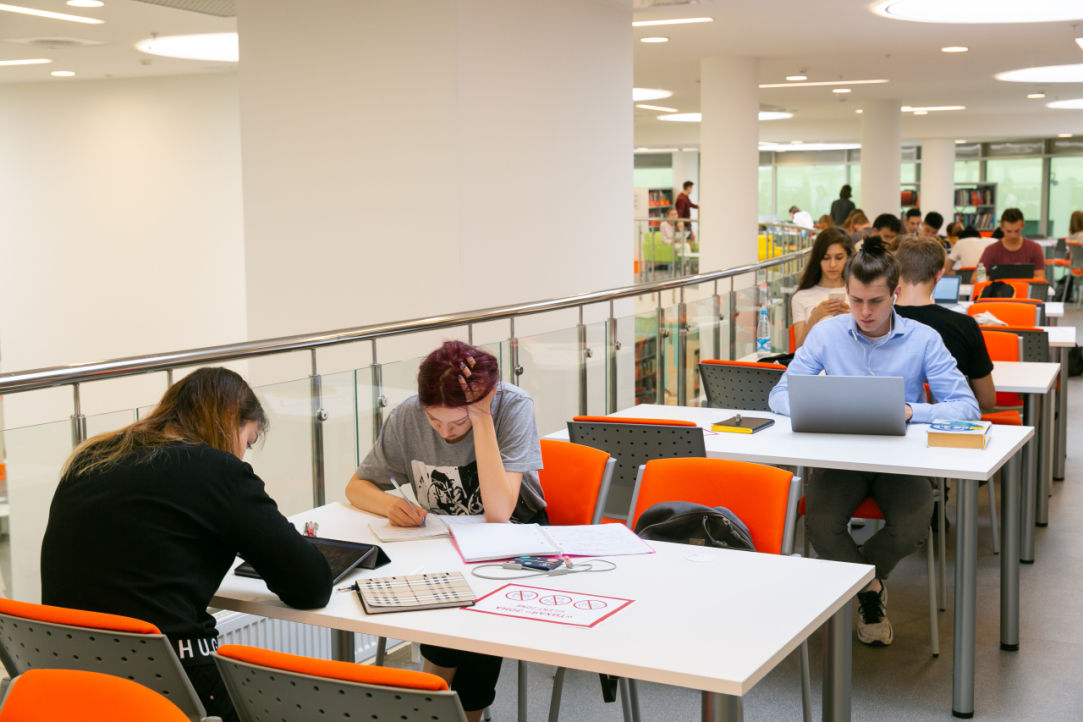Students can learn difficult material much more efficiently by collaborating than by studying individually. They help each other, share information, and build collective knowledge. However, things are not as simple as they may seem. Cooperation between students is effective for certain activities, but not others. As researchers from the HSE Institute of Education have shown, knowledge is absorbed more effectively through group work, but the same benefits are not found when it comes to the practical application of knowledge.
.jpeg)
.jpeg)









.jpeg)








